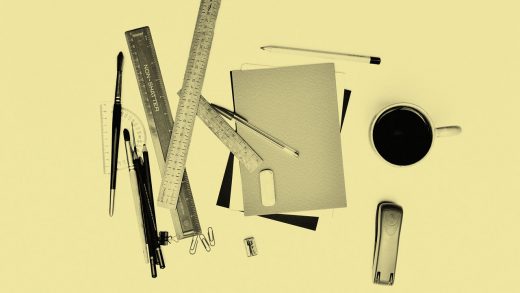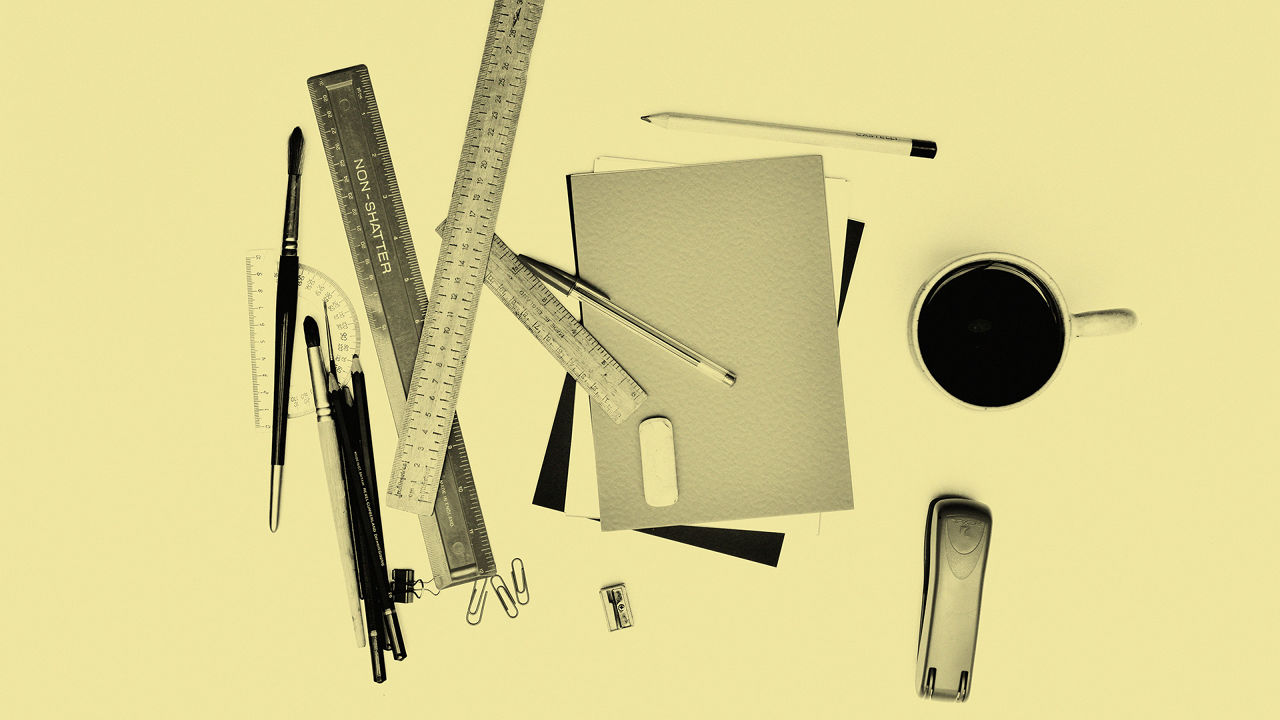Why The Most Productive People Constantly Change Their Methods
“If it ain’t broke, don’t fix it,” goes the old adage, but the most productive people throw this advice out the window when it comes to getting stuff done.
Instead of letting habits, routines, and best practices rule their day and put them on autopilot, highly productive people change, and even overhaul, their systems on a regular basis whether they need it or not, says Charles Duhigg, an investigative reporter for the New York Times.
Duhigg discovered this counterintuitive way of thinking while writing his first book The Power of Habit: Why We Do What We Do in Life and Business. He met some highly productive people, including Atul Gwande, a staff writer for the New Yorker who is also a surgeon, researcher, and author of four books. Duhigg decided to find out why certain people get so much more done in a day than most others, and he shared those findings in his second book, Smarter Faster Better: The Secrets of Being Productive in Life and Business.
New Methods Command Your Attention
“Almost exclusively, I found that the people who are most productive had decided to think about it deliberately,” he says. Letting habit take over might work for a little while, Duhigg explains, but you won’t notice when it eventually stops working. “Habits are useful tools, but they can hinder as well as help,” he adds. “It’s about choosing to encourage habits, rather than following them blindly.”
The most productive people frequently try new systems instead of finding and sticking with a single method that fits their style. “For six months, they’ll use a version of [David Allen’s Getting Things Done] with files and ticklers,” says Duhigg. “Then, they’ll decide to try a new system, maybe using color-coded tabs and inboxes. Then they’ll find another new system,” he says. “Constantly cycling through systems forces you to think about your own productivity.”
High Productivity Requires Continuous Improvement
While some people are naturally more productive, continuously changing your methods is especially effective for those who struggle to be productive, says Duhigg. That’s because productivity requires attention, focus, and a willingness to be challenged.
In his book, Duhigg interviewed professional poker player Annie Duke, whose decision-making skills boost her productivity. “I asked Annie why she’s good at decision making and interestingly, she said it’s something she’s not naturally good at,” he says. “In fact, it’s exactly the opposite. She’s always thinking about it and testing it.”
Ironically, the most productive people don’t always feel productive, adds Duhigg. In fact, they feel that they’re not productive enough, but they use that worry to design systems that force themselves to think about productivity. On the other hand, people who believe they are productive often feel confident and even protective about their methods, leaving them unwilling to change.
“The easiest thing to do is stop thinking about it,” Duhigg says. “Highly productive people force themselves to think about things they might otherwise allow to recede into the background and continually improve.”
Fast Company , Read Full Story
(21)



